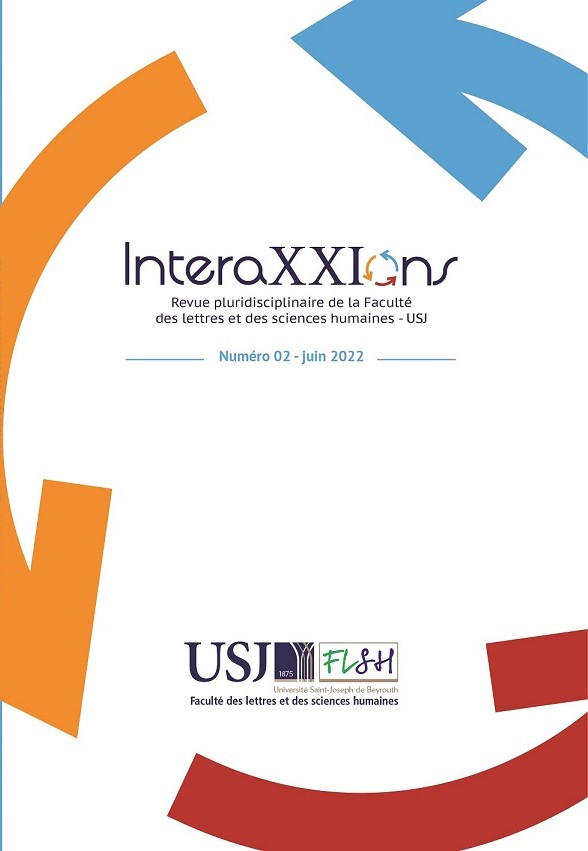Abstract
This article makes it possible to explore, by referring to gender studies, the subversive dimension of La Vagabonde, a novel published in 1910, in which Colette questions the sex / gender binary by proposing an original literary vision of woman and man. The avant-garde aspect of this novel is brought to light by examining how the writer describes, by portraying a modern and unconventional protagonist, the condition of the single female artist. Particular interest is given to the way in which the author renews the representations of the feminine and the masculine by portraying characters that deviate from the traditional and stereotypical image associated with their gender in the patriarchal context. The analysis of this novel published at the beginning of the last century finally reveals Colette's modernism and her commitment to the question of relations between the sexes and recalls why this writer has an important place in French literary history.

